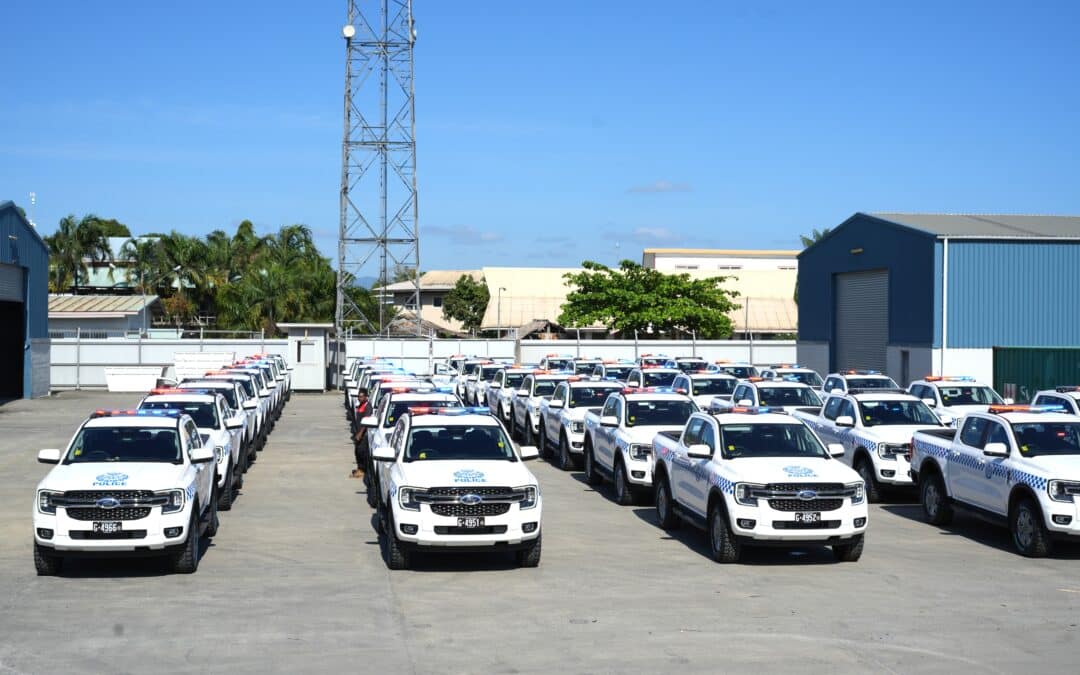Top Expert Tips for Fleet Management
In business there are some occupations that are easy, and some that are not so easy and fleet management falls into the latter category. It is not just about getting company vehicles on the road; it requires the ability to merge mechanical and human abilities into one functioning unit.
A group or collection of company vehicles is called a fleet, so as the title says, it is about the management of a fleet of vehicles. These vehicles can be commercial motor vehicles such as cars, vans, trucks, specialist vehicles (such as mobile construction machinery), and trailers. It can also include planes and helicopters, ships and rail cars.
But vehicles don’t drive themselves, well not yet, so there is also the human element that needs to be taken into account and managed.
A Fleet Manager must look after the fleet, the drivers and what else?
A Fleet Manager’s responsibilities
Fleet management includes a range of functions such as vehicle financing, vehicle maintenance, vehicle tracking and diagnostics, driver management, speed management, fuel management and health and safety management.
They are responsible for purchasing and insuring the vehicles, ensuring that the vehicles are maintained and able to function as required. This is done by allocating manpower and financial resources.
A Fleet Manager also needs to be held accountable for the employees that drive the vehicles – the safety of the drivers, what to do if the vehicle is stolen or involved in an accident – as well as all legal implications.
7 Top Tips for Fleet Managers
1. Empower your team
As a Fleet Manager, don’t take all the responsibility, rather be an overseer and make people responsible for the vehicle they drive.
Have them do daily, weekly and monthly vehicle inspections, and document this.
Report maintenance issues. They drive the vehicles daily – not you.
2. Measurement
Track vehicles and drivers with data relevant to your industry and requirements.
Monitor the following:
Delivery times
Petrol usage
Distance travelled
Recurring vehicle problems
Maintenance issues
Keeping track of all of this data will help you manage your fleet efficiently and accurately.
3. Responsibility
Define who is responsible for what role.
A clear and simple policy and procedure will prevent future problems.
Drivers should always have a performance standard to conform to.
4. Staff employment
Just because a potential employee has a driver’s license doesn’t mean they are the correct candidate for the position. Different vehicle classes have different licence requirements. Employ the correct drivers for the class of vehicle they will drive.
5. Budgets
Fleet management is not a guessing game.
Understand all of the running, licensing and servicing costs of your fleet.
Include allowances for breakdown, unexpected repairs and vehicle rentals.
Insure your vehicles, drivers, goods in transit – insure everything.
6. Route planning
Use online route trackers and a GPS system to create cost effective and time saving routes.
Get your drivers involved – make them part of the solution not the problem.
Don’t micro-manage.
Use web based telematics systems to monitor driver behaviour, including speeding, hard braking, or rapid acceleration.
7. Training
Up skill your drivers, have them trained to improve their driving skills and other relevant knowledge required to do their job best.
Ensure they know:
how to drive defensively, handle wet weather and other hazardous road conditions.
how to drive the vehicle efficiently, such as excess idling, speeding, harsh acceleration and braking.
what to do if involved in a vehicle accident.
how to deal with customers – a driver is not just a driver but a representative of your company.
RMA Fleet Management experts
RMA is a distinguished fleet solutions provider to Aid and Development missions and security forces globally.
Fleet productivity is the result of careful long-term planning of the vehicle’s life cycle. A GFS Fleet Solutions Program is a comprehensive fleet asset management system covering all aspects of creating and maintaining vehicles for successful operations.
The importance of Fleet Management
Fleet Management is a function which allows companies that rely on transportation in business to remove or minimize the risks associated with vehicle investment, improving efficiency, productivity and reducing their overall transportation and staff costs, providing 100% compliance with government legislation.
Fleet Management is important in ensuring your fleet drivers are safe. It is also about good driving habits, fuel efficiency and ensuring the vehicle is maintained and running well.
Applying these tips will assist you in improving the management of your fleet vehicles – whether your fleet is big or small – a fleet of two scooters, or a fleet of 200 trucks.
Sources
https://www.cartrack.co.za/tips-highly-effective-fleet-manager
https://en.wikipedia.org/wiki/Fleet_management










